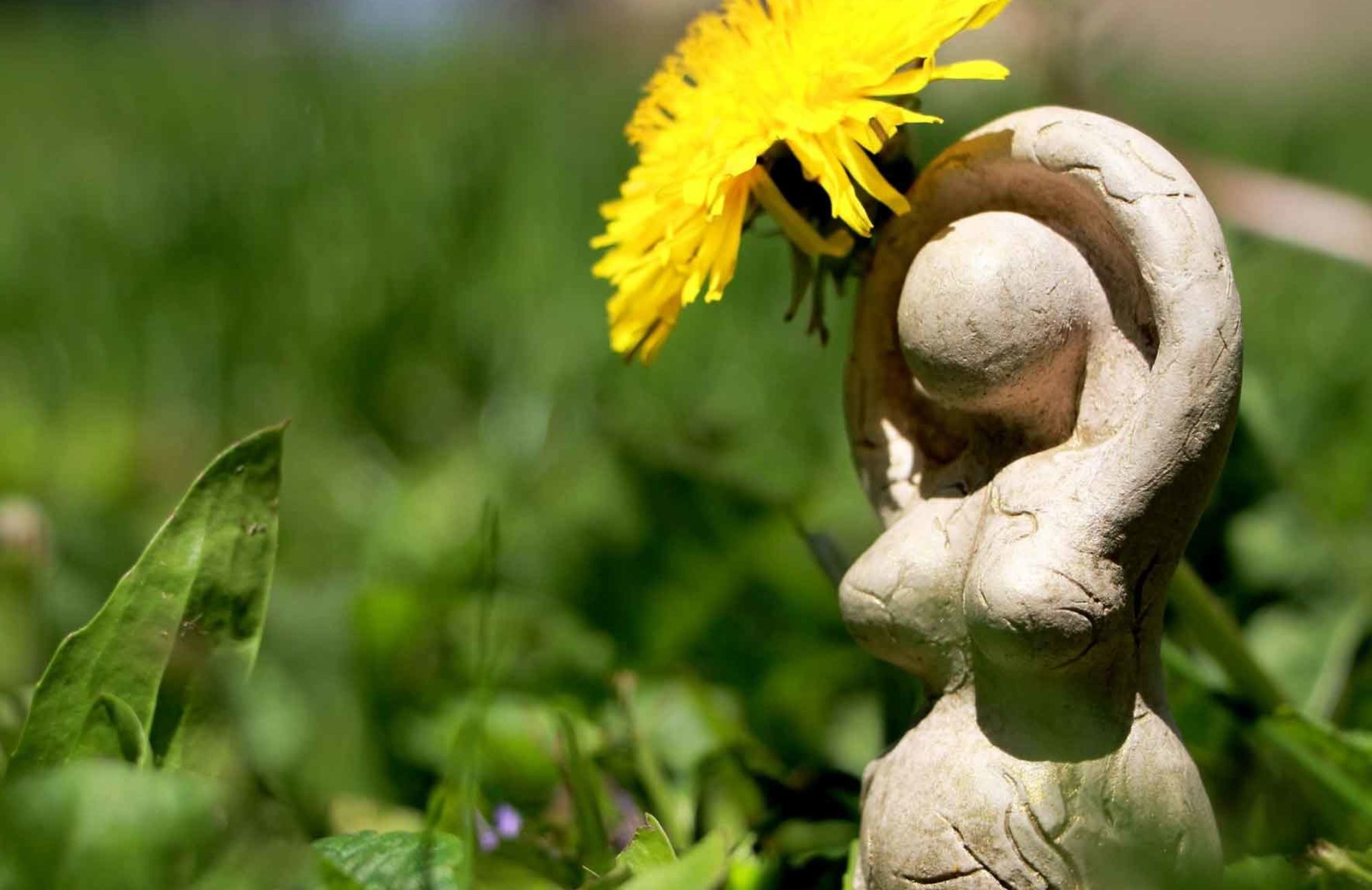This year, for the first time, ASWM offered a book award for best scholarly nonfiction, named for Sarasvati, Hindu goddess of creativity and the arts. The five-person panel of judges included Mary Jo Neitz, Wendy Griffin, Chandra Alexandre, and ASWM board members Sid Reger and Denise Saint-Arnault.
 The nonfiction winner was Sacred Display: Divine and Magical Female Figures of Eurasia by Miriam Robbins Dexter and Victor Mair (Cambria Press). Dexter was also one of the keynote speakers at this year’s conference, and was present to accept the award on behalf of the publisher.
The nonfiction winner was Sacred Display: Divine and Magical Female Figures of Eurasia by Miriam Robbins Dexter and Victor Mair (Cambria Press). Dexter was also one of the keynote speakers at this year’s conference, and was present to accept the award on behalf of the publisher.
The judging panel evaluated each entry in terms of how much it added to the field of goddess studies, how well researched the book was, and how eloquently expressed the findings were. In all categories, “Sacred Display” was commended by the judging panel. The book analyzes cross-cultural images of female “display figures,” such as Sheela-na-Gigs and frog goddesses. The authors argue that the apparently “sexual” display of these figures in fact reflect an ancient and widespread belief in the power of the female body to create fertility, magic, and sovereignty.
In making their decision, the judges cites the “absolute treasury of new translations that adds significantly to the field,” as well as “an innovative combination of textual and visual analysis in which each illuminated the other.” The subject, one that has not previously been studied in such depth, was described as “a provocative one,” for nude female figures are often described as pornographic or otherwise not evocative of women’s empowerment. “By placing these figures at the center of their study, the authors challenged the presumption that nakedness equals powerlessness when the nude person is female,” according to the judges.








You must be logged in to post a comment.